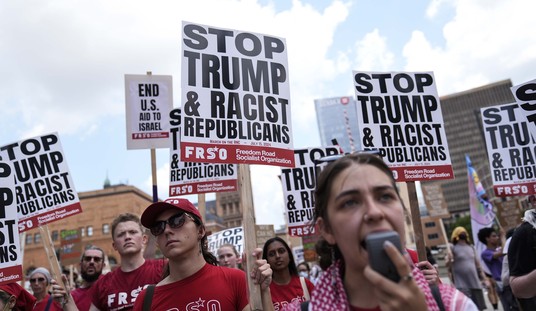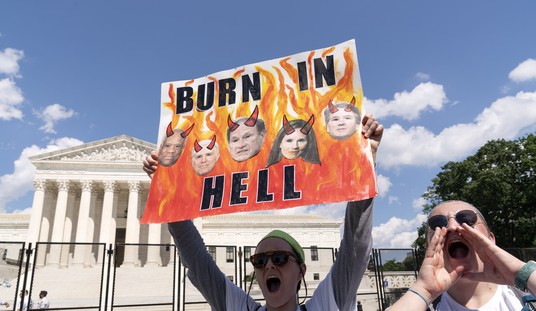One Nevada senator wants to cut the state’s minimum wage by $2 an hour. Another wants to raise it by $8 an hour.
Guess which senator is a Democrat and which is a Republican. That is an easy one.
But this is tougher. Guess which party is also pushing to raise the state’s minimum wage by 75 cents.
Nevada Republican Sen. Joe Hardy wants to scrap the state’s constitutional amendment that provides a minimum wage of $7.25 an hour with health insurance coverage — same amount as the federal minimum wage — and $8.25 an hour if the employer does not make health insurance available.
The state’s minimum wage is set by constitutional amendment to always be $1 an hour higher than the federal minimum wage if the employer does not make healthcare coverage available.
Hardy’s proposal would replace it with a minimum wage of $5.15 an hour if the employer makes health insurance available or $6.15 an hour without health insurance coverage.
Not only does Hardy want to lower the Nevada minimum wage, which was set by a 2006 voter-approved constitutional amendment, he wants to give the state legislature power to raise or lower it based on the Consumer Price Index.
Hardy’s legislation would also tie insurance premiums to federal poverty levels instead of the workers’ actual earned income.
Democrats have been attacking the Nevada minimum wage system even at the $7.25/$8.25 level. They have accused major corporations of offering employees “junk insurance” so they could be paid the lower hourly rate.
Zach Hudson, the spokesman for the Nevada State Democratic Party, said Hardy’s proposal would make that even worse.
“This bill is nothing more than a bailout for big corporations that have already cheated thousands of Nevada workers out of fair pay,” said Hudson. “Nothing could further highlight the contrast between Democrats and Republicans than this out of touch proposal to repeal the minimum wage amendment from Nevada’s constitution.”
This debate over doing away with a constitutional amendment and dropping the minimum wage by $2 an hour would seem contentious enough for any state.
But Democrat Sen. Richard “Tick” Segerblom has proposed raising the wage to $15 or $16 an hour depending on whether healthcare coverage is available.
Republicans and business leaders in Nevada are doing their best to shoot that idea down before it gets far off the ground, warning of job losses for low-skilled workers and price inflation.
“We do know that a lot of these jobs are part-time and a vast majority of them are short-term,” Tray Abney, government-relations director for the Reno-Sparks Chamber of Commerce, told the Las Vegas-Review Journal. “When wages increase, prices increase.”
The debate became even livelier March 20, when Republicans on a Nevada Senate committee floated a proposal to raise the minimum wage to $9 an hour for low-skilled workers who did not receive employer-sponsored insurance.
Democrats on the Senate Commerce and Labor Committee objected. They called the $9 figure “arbitrary” and complained their GOP colleagues were only trying to block a real debate on the minimum wage.
Dan Mitchell, a senior fellow at the Cato Institute, told PJM lowering the minimum wage as Hardy has proposed could be a real gift for the Nevada economy.
Mitchell said the more the minimum wage is lowered, the more the potential of job losses is eliminated.
“The reality is that some people, often for unfortunate reasons, don’t have skills that are worth $9, $10 or $15 an hour,” Mitchell said.
In Seattle the idea of a $15 an hour minimum wage is not a proposal. It is reality.
And that reality was hammered home March 17 when a judge refused to overturn Seattle’s new minimum wage law.
The International Franchise Association and five Seattle franchisees sued Seattle in June 2014, seeking to block portions of the city’s new law to increase the city’s minimum wage to $15 an hour.
The plaintiffs asked the court to enjoin the city from treating franchisees as large, national companies rather than the small, locally owned businesses that they are.
“IFA will continue to fight against discrimination of small-business owners in Seattle and elsewhere,” said Steve Caldeira, the president and CEO of the IFA.
However, he also pointed out his organization’s problem with the law was not about Seattle raising the minimum wage to $15 “but rather the increase applied in a discriminatory way.”
Seattle’s new law, which takes effect April 1, requires large businesses, defined as those with more than 500 employees, to raise the minimum wage they pay their employees to $15 an hour over three years starting in April 2015. Smaller businesses will have seven years to phase in the wage increase.
While Mitchell would take Sen. Hardy’s minimum wage plan as the best of three evils, he also believes the U.S. doesn’t need any minimum wage at all, no matter how high or low.
He called it nothing but a “hidden tax on low-skilled workers because it destroys their job opportunities or makes it much more difficult for them to find a job.”
“If your minimum wage is $9, $10 or $15 an hour they are priced out of the labor market,” Mitchell added, “and they don’t have a chance to acquire the skills they need to be worth the higher wage.”









Join the conversation as a VIP Member